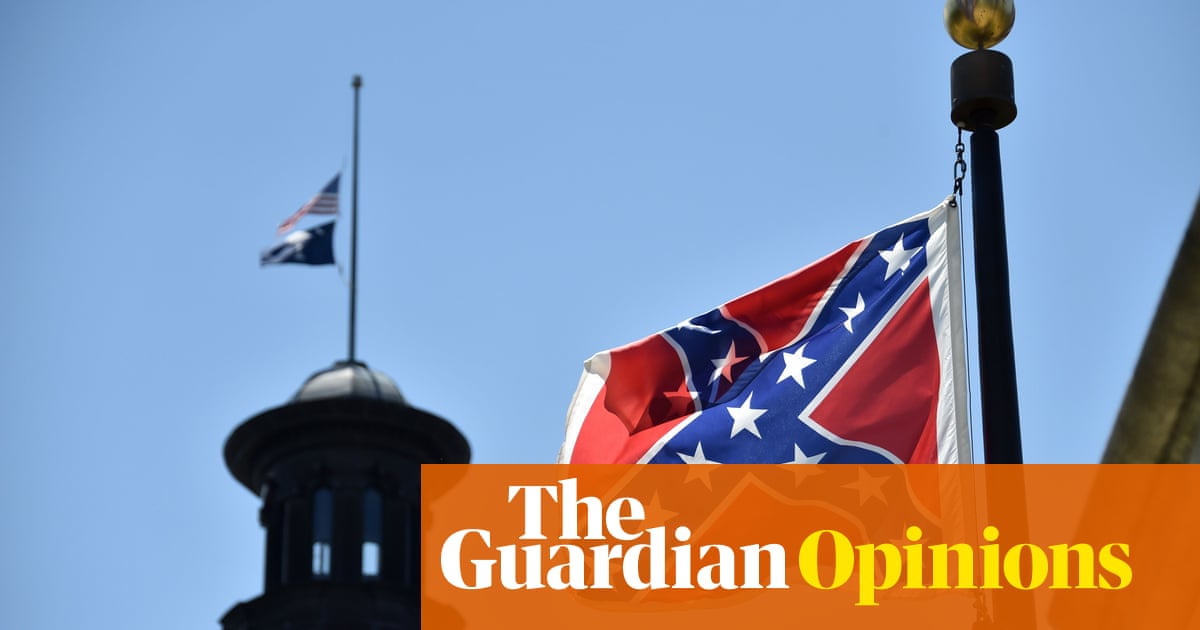Voters will decide the unresolved question of the civil war: do we move backwards, or forwards toward true democracy?
Nikki Haley’s difficulty articulating the cause of the civil war – the war that began in her home state of South Carolina – has put that issue in the headlines just days before the first votes are cast in the Republican nomination contest. While Haley was caught trying to be too clever by half in refusing to name slavery as the cause of the nation’s bloodiest conflict, the controversy has had the unintended effect of framing what is facing the country’s voters in 2024.
This year’s election is, in fact, a continuation of the unresolved question of the civil war era: will the country continue to move towards fostering a multiracial democracy, or will it aggressively reject its growing diversity and attempt to make America white again?
…
The current conundrum is important not just because of Haley, who is emerging as Trump’s strongest competitor in the Republican field, but because of what it reveals about politics in this country in general and in the Republican party in particular.
Boiled down to its essence, much of the country – and most of the Republican voters – are still fighting the cause of the civil war in ways both literal and figurative. The active and organized resistance to removing Confederate statues led a mob of white nationalists to march through the streets of Charlottesville, Virginia, in 2017 chanting “Jews will not replace us”; one Hitler-loving member of the crowd gunned his car into a group of counterprotesters, killing a woman, Heather Heyer, who had come to stand for racial tolerance and peace. That was the protest of which then president Trump observed: “There are good people on both sides.”



This is the best summary I could come up with:
On the one hand, she is eagerly embraced as a high-profile party symbol who serves as a strong rebuttal to accusations of racism and sexism (“See, we’re not racist and sexist, we have a woman of color as our governor!”).
On the other hand, white racial resentment serves as fuel for the Trump movement to the extent that no presidential candidate can hope to win the nomination without bending a knee to the Confederate cause.
This high-wire act was most prominently on display in 2015, when a white man who had proudly posed with pictures of the Confederate flag walked into the Emanuel African Methodist Episcopal church in South Carolina, declared, “You rape our women.
The active and organized resistance to removing Confederate statues led a mob of white nationalists to march through the streets of Charlottesville, Virginia, in 2017 chanting “Jews will not replace us”; one Hitler-loving member of the crowd gunned his car into a group of counterprotesters, killing a woman, Heather Heyer, who had come to stand for racial tolerance and peace.
If the size and power of the constituency that will brook no retreat on the cause of the Confederacy is so large that a leading presidential candidate can’t even state the simple fact that the civil war was about slavery, then the stakes in 2024 should be crystal clear.
To do that, we need to do what Nikki Haley can’t or won’t – state clearly why the civil war started, declare our determination to finish the job of reconstructing this nation and do everything we can to ensure massive voter turnout in November.
The original article contains 1,112 words, the summary contains 268 words. Saved 76%. I’m a bot and I’m open source!